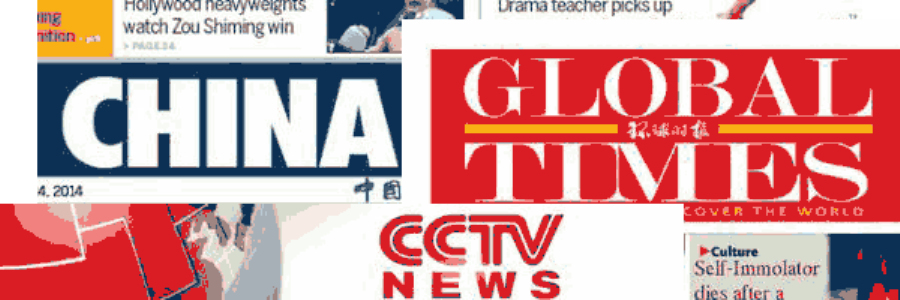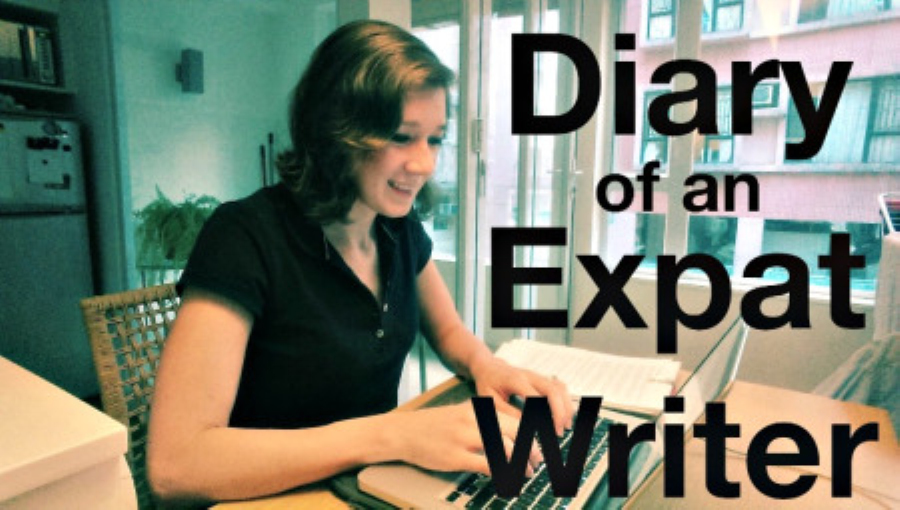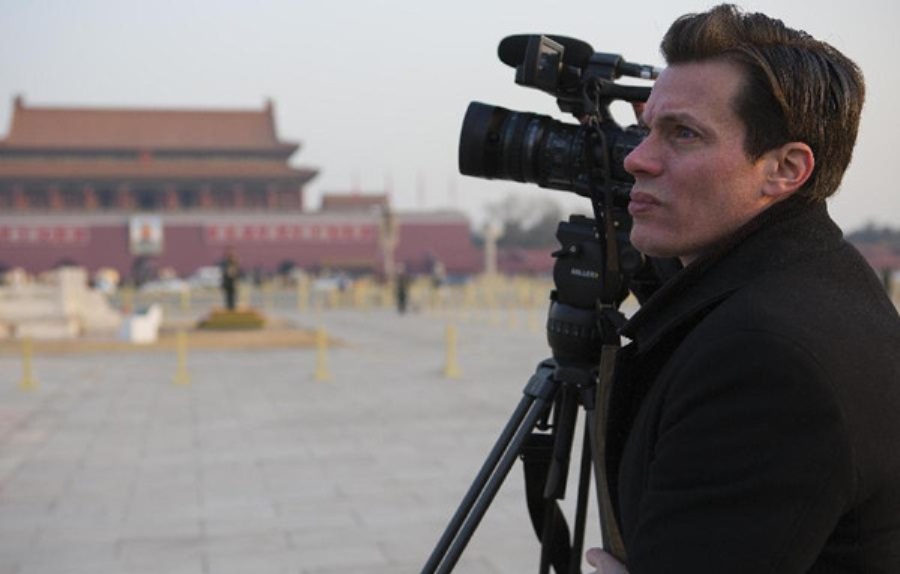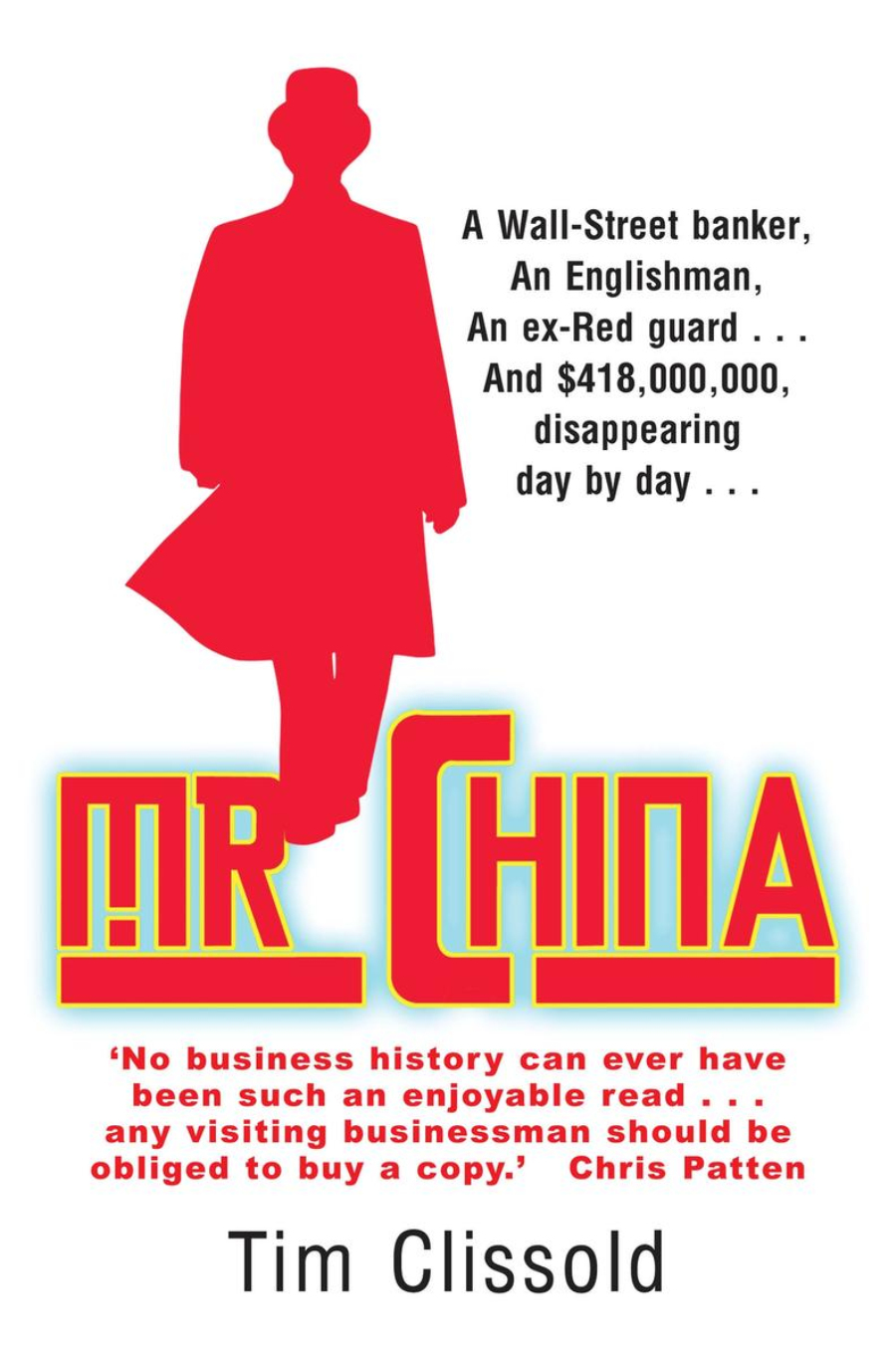Towards an Expatriate Literature
By Mike Cormack
 对于在海外居住生活或移民海外的话题,我们往往只关注中国人在外国的生活情况。然而在我们的身边,也有不少在中国生活的外国人。他们的生活状态及喜怒哀乐似乎很难走入大众视线,表现之一就是:极少出现描写这类群体生活的文学作品,尤其是小说面世,更肖说为大众所知或流行开来。有一些类似回忆录的小说作品,如《Mr China》,《Monkey House Blues》, 《Foreign Babes in Beijing》等,但都未带去广泛影响。
对于在海外居住生活或移民海外的话题,我们往往只关注中国人在外国的生活情况。然而在我们的身边,也有不少在中国生活的外国人。他们的生活状态及喜怒哀乐似乎很难走入大众视线,表现之一就是:极少出现描写这类群体生活的文学作品,尤其是小说面世,更肖说为大众所知或流行开来。有一些类似回忆录的小说作品,如《Mr China》,《Monkey House Blues》, 《Foreign Babes in Beijing》等,但都未带去广泛影响。
当然了,由在华外国人士写就的其他著作还是不少的,但多为一些对中国的观察、评论以及思考。内容主题依然是中国,而不是在华外国人本身。从过去到今天,已有无数外国记者、作家、编辑、纪录片制片人和志愿者等等来到北京等大城市,留下了他们对这个城市的贡献和回忆。作为这一群体中的一员,我还是非常希望未来能有人写出关于本群体的像样的英文著作。
 aybe in future it will seem that China from 2005 to 2014 or so was a halcyon option for foreigners. The RMB was weak, salaries were high, the cost of living was low, employment opportunities were ludicrously plentiful (I got my first job without even a phone interview), and the economy was growing by 10% a year. Rarely have such a confluence of circumstances come about. The result felt like a wave of foreigners from Vancouver to Lagos to Auckland arriving in China. Such waves have been written about before. Henry James was a great novelist of émigré Americans encountering Europe during America’s Gilded Age. George Orwell and Henry Miller meanwhile documented Paris in the inter-war period, when the franc was cheap and the cataclysms of the Great War led some to seek a freer life.
aybe in future it will seem that China from 2005 to 2014 or so was a halcyon option for foreigners. The RMB was weak, salaries were high, the cost of living was low, employment opportunities were ludicrously plentiful (I got my first job without even a phone interview), and the economy was growing by 10% a year. Rarely have such a confluence of circumstances come about. The result felt like a wave of foreigners from Vancouver to Lagos to Auckland arriving in China. Such waves have been written about before. Henry James was a great novelist of émigré Americans encountering Europe during America’s Gilded Age. George Orwell and Henry Miller meanwhile documented Paris in the inter-war period, when the franc was cheap and the cataclysms of the Great War led some to seek a freer life.
 One of the great unremarked aspects of Beijing is that it is one of the few places where it is actually quite easy to make a living as a writer or editor. The English media output is vast (though it has thinned somewhat). Official media included CCTV9, China Radio, China Daily, Global Times, Xinhua, Beijing Review, China Pictorial and People’s Daily. Foreign correspondents, for outlets from the New York Times to The Asahi Shimbun, thronged the ground. Ex-pat magazines crowded bars and restaurants: the beijinger, Time Out Beijing, City Weekend, Agenda (which I edited), and Beijingkids. And the blogs! Dozens proliferated, from the salacious ChinaSMACK to the serious China Accounting Blog. Hundreds of journalists, writers, editors, documentary makers, and aspirants, were in Beijing. For a city with a foreign population of perhaps 100,000 this was a remarkable proportion.
One of the great unremarked aspects of Beijing is that it is one of the few places where it is actually quite easy to make a living as a writer or editor. The English media output is vast (though it has thinned somewhat). Official media included CCTV9, China Radio, China Daily, Global Times, Xinhua, Beijing Review, China Pictorial and People’s Daily. Foreign correspondents, for outlets from the New York Times to The Asahi Shimbun, thronged the ground. Ex-pat magazines crowded bars and restaurants: the beijinger, Time Out Beijing, City Weekend, Agenda (which I edited), and Beijingkids. And the blogs! Dozens proliferated, from the salacious ChinaSMACK to the serious China Accounting Blog. Hundreds of journalists, writers, editors, documentary makers, and aspirants, were in Beijing. For a city with a foreign population of perhaps 100,000 this was a remarkable proportion.
However, as yet, no great English language novel specifically capturing expat life in China has emerged. (Peter Hessler’s River Town I exempt, for reasons I will explain). Perhaps this is just a matter of time. Great novels come at least a decade after the events they portray; a period of percolation and distillation seems essential.
 But what would an expatriate novel entail? Orwell’s essay on Henry Miller, Inside the Whale, is an acute dissection of possibilities and pitfalls of expatriate literature, as it relates to Miller’s famous novel Tropic of Cancer. The famously candid autobiographical story of Miller’s time in Paris, the novel is “about the man in the street, and it is incidentally rather a pity that it should be a street full of brothels. That is the penalty of leaving your native land. It means transferring your roots into shallower soil. Exile is probably more damaging to a novelist than to a painter or even a poet, because its effect is to take him out of contact with working life, and narrow down his range to the street, the café, the church, the brothel and the studio.”
But what would an expatriate novel entail? Orwell’s essay on Henry Miller, Inside the Whale, is an acute dissection of possibilities and pitfalls of expatriate literature, as it relates to Miller’s famous novel Tropic of Cancer. The famously candid autobiographical story of Miller’s time in Paris, the novel is “about the man in the street, and it is incidentally rather a pity that it should be a street full of brothels. That is the penalty of leaving your native land. It means transferring your roots into shallower soil. Exile is probably more damaging to a novelist than to a painter or even a poet, because its effect is to take him out of contact with working life, and narrow down his range to the street, the café, the church, the brothel and the studio.”
This is no longer exactly true – nearly every expat works, albeit usually in a highly internationalized environment, churches have been overtaken by sports or charities and cafes superseded by bars and clubs. But there is a larger truth. Expat life is by definition shallow. In China it is particularly hard to put down permanent roots. Therefore, the expatriate Chinese novel needs to deal with what might seem trifling matters – landlords and indifferent apartments, cheap restaurants, random madmen, fake alcohol, KFC, shanzhai products, taxi drivers, noxious toilets, WeChat, recalcitrant shop and restaurant staff, short-term relationships, laduzi, visa agents, work absurdities, scams and encounters with minor officials. It’s not as if these are necessarily more interesting subjects, but the life of the executive Shunyi villas would misrepresent most foreigners in China. Like Miller, we need to accept expat life as it is and convey it with all its textures and flavours and realities. This would rule out River Town which is really more about China.
 There have, of course, been many memoirs and novels about the author’s time in China. Most have been about some notable aspect – as a businessman (Mr China), time spent in prison (Monkey House Blues), or as a soap opera actress (Foreign Babes in Beijing). These angles might give them publishing interest but make them less universal, less about “the man on the street”. The other problem with expat memoirs is what you might call a certain foreign superiority. It is easy to look down on less developed countries; it is also easy to dislike, to put it euphemistically, systems and approaches unlike those with which you are familiar.
There have, of course, been many memoirs and novels about the author’s time in China. Most have been about some notable aspect – as a businessman (Mr China), time spent in prison (Monkey House Blues), or as a soap opera actress (Foreign Babes in Beijing). These angles might give them publishing interest but make them less universal, less about “the man on the street”. The other problem with expat memoirs is what you might call a certain foreign superiority. It is easy to look down on less developed countries; it is also easy to dislike, to put it euphemistically, systems and approaches unlike those with which you are familiar.
 But simply complaining about what you encounter abroad is tedious. The worst expat memoir I have read was a litany of grumbles: about the stupidity of the author’s colleagues, the inadequacy of fast food options, and the absurdities he encountered. It just came across as stupidly mean-spirited. One has to accept, to understand, to explain, to burrow into the minor aspects of life and bring to light their broader historical and social significance. Politics is unavoidable, of course, in a country that suffered more tumults and disasters in the twentieth century than perhaps any other, but the point is to see, with humility and empathy, how these events resound even now.
But simply complaining about what you encounter abroad is tedious. The worst expat memoir I have read was a litany of grumbles: about the stupidity of the author’s colleagues, the inadequacy of fast food options, and the absurdities he encountered. It just came across as stupidly mean-spirited. One has to accept, to understand, to explain, to burrow into the minor aspects of life and bring to light their broader historical and social significance. Politics is unavoidable, of course, in a country that suffered more tumults and disasters in the twentieth century than perhaps any other, but the point is to see, with humility and empathy, how these events resound even now.
This is a tall order, but there are many talented writers working in China. The best books have so far focused on China and Chinese people, for it takes a real literary talent to create something out of the scraps of expat life. (I have tried and failed already). But given the huge numbers who made their way to China in the early 2000s, we should still hope for something that genuinely captures the realities of expatriate life.
---END---